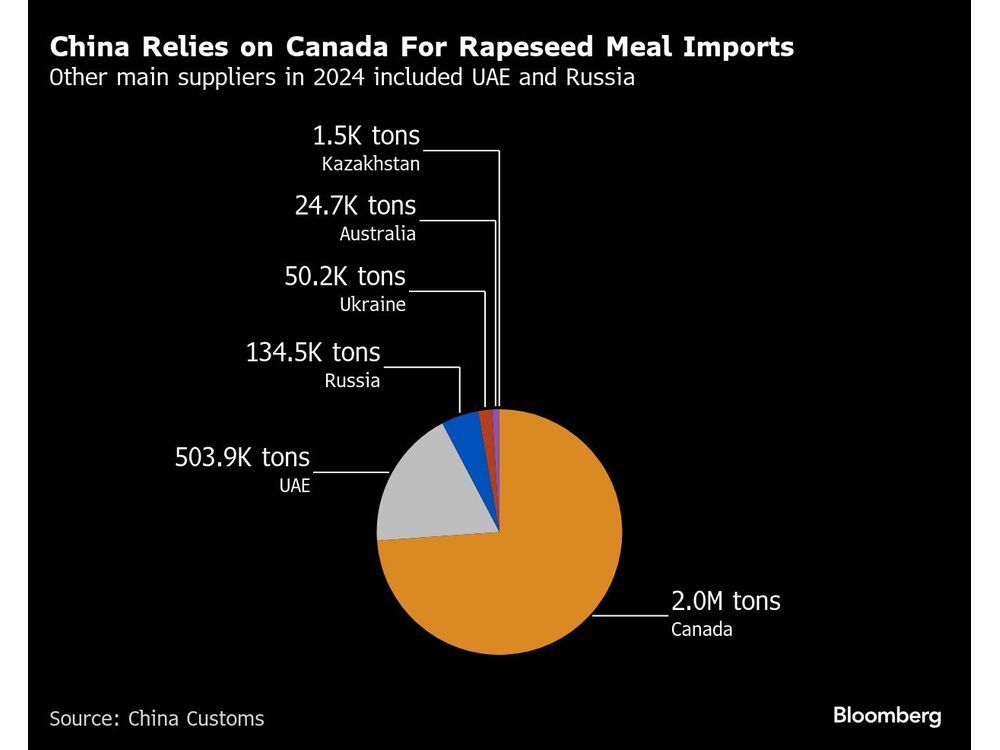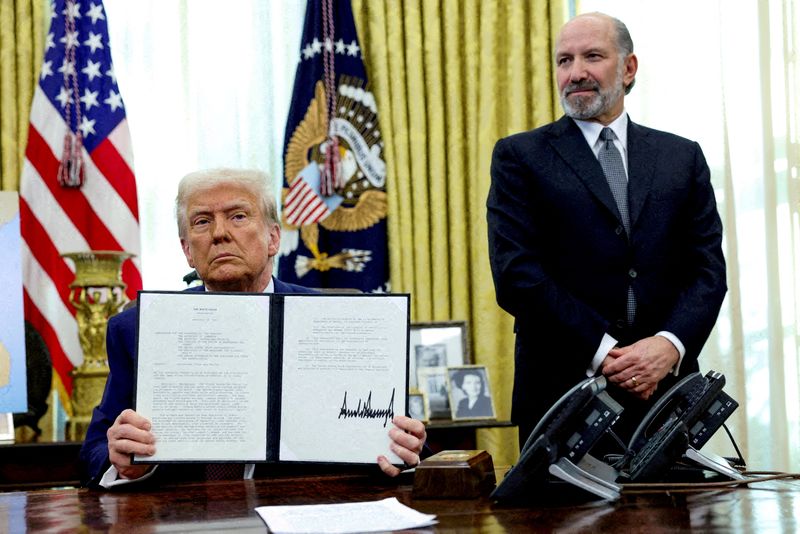Ex-ante and Ex-Post are Latin phrases that are commonly used in economics and financial analysis to describe different types of approaches or perspectives.
These terms can seem a bit intimidating at first but they are both important and useful concepts to understand when dealing with economic or financial decisions.
By understanding how they work businesses and companies can better assess their strategies and make more informed decisions.
What is Ex-ante?
Ex-ante means “before the event”. In financial terms, this means making predictions or estimates about future outcomes based on available information and assumptions.
It is a forward-looking approach that focuses on forecasting and planning for potential scenarios. It’s basically a prediction method where potential outcomes are analyzed before a decision is made.
How Ex-ante Works
Ex-ante is as simple as it sounds. It involves examining potential future outcomes before taking action.
This can be applied in various areas of economics and finance, such as investment decisions, budgeting, risk management, mergers, and policy-making.
For example, a company may use ex-ante analysis to forecast sales for the upcoming year based on current market trends and consumer behavior.
This information can then be used to make decisions on production levels, inventory, and marketing strategies.
What is Ex-Post?
Ex-post is the exact opposite of ex-ante, meaning “after the event”. It refers to analyzing outcomes after looking at the actual past results. This approach is based on historical data and is used to make evaluations and assessments.
It can be used to evaluate a security’s performance after an investment or to analyze the effectiveness of a policy after its implementation.
How Ex-Post Works
To calculate the ex-post value of an asset, start by looking at its initial and final values over a specific period, often less than a year. This involves assessing how much the asset’s value increased or decreased and any income it generated.
The initial value is its price at the beginning of the purchase price within this timeframe. The final value is its current market price.
This process helps evaluate how an investment performed and compare actual returns against expected ones to measure investment risk.
Key Differences Between Ex-ante and Ex-post
The main difference between ex-ante and ex-post is the timing of analysis. While ex-ante looks at potential outcomes before an event, ex-post analyzes actual outcomes after the event has occurred.
Ex-ante is often used for decision-making purposes, while ex-post is more commonly used for evaluation and assessment purposes.
Another key difference is that ex-ante is based on forecasts and predictions, while ex-post is based on historical data and actual results.
These two are very important concepts in business, finance, and economics. Understanding the differences between them is crucial for making informed decisions and evaluating performance.
Conclusion
Both ex-ante and ex-post approaches are important tools for analyzing investment performance. While ex-ante helps with decision-making, ex-post provides a more accurate evaluation of an investment’s performance. Both of them are valuable in their own ways and should be used together for a comprehensive understanding of investments.
Further questions
What's your question? Ask it in the discussion forum
Have an answer to the questions below? Post it here or in the forum



